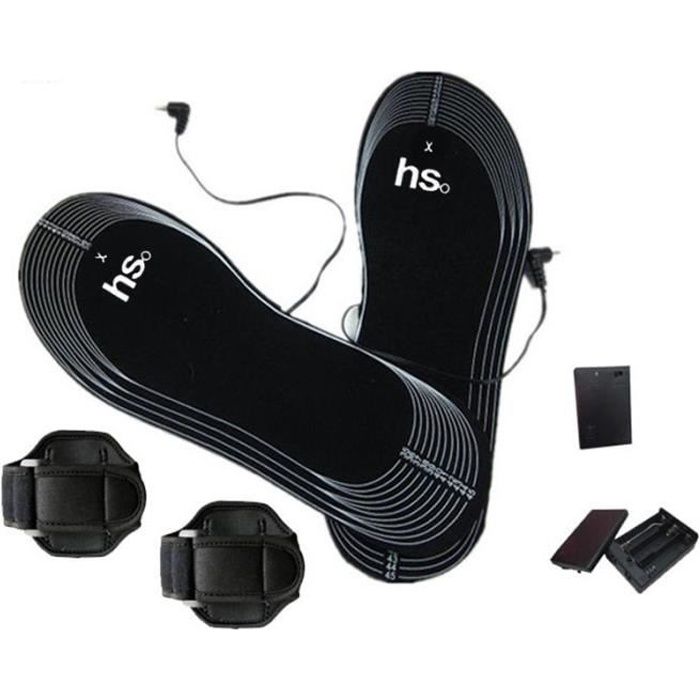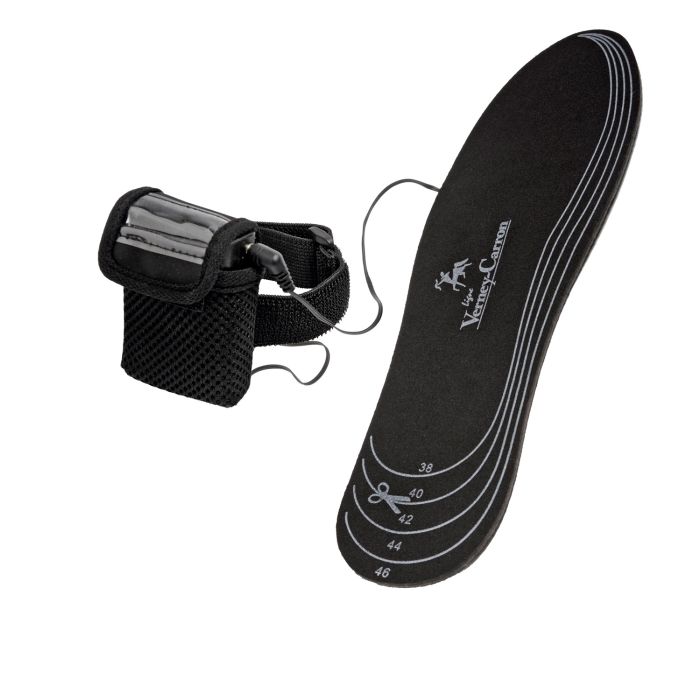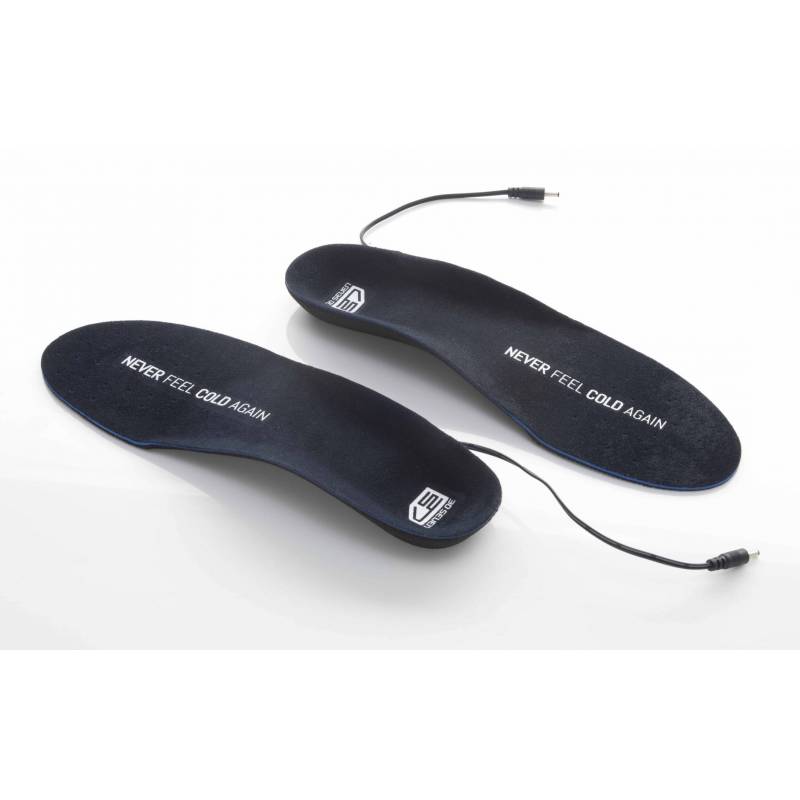&quality=40)
Therma Cell Semelle chauffante rechargeable Nordic FLEX avec télécommande (S = 36 - 37,5) - ACTION % - boutique en ligne - Frankonia.fr

1 Paire Semelles chauffantes, Semelles intérieures en Thermique avec Boîte De Batterie,Peut Être Recadrée Semelle Chauffante(piles n Noir Noir - Cdiscount Chaussures

Ultrasport semelles thermiques chauffantes deluxe Mixte adulte – ULTRASPORT FRANCE – Nr. 1 marque Sport et Fitness sur Amazon

THERMIC Heat 3D Semelles Chauffantes (Sans batteries) 2020-2021 Confort du Pied Systèmes Chauffant mixte

FANIER Semelles Thermique Chauffantes, Semelle Chauffante Rechargeable avec Interrupteur à Télécommande,3 Niveaux Chaleur Chauffe-Pieds sans Fil Unisexe,Taille :41-46 : Amazon.fr: Sports et Loisirs




















